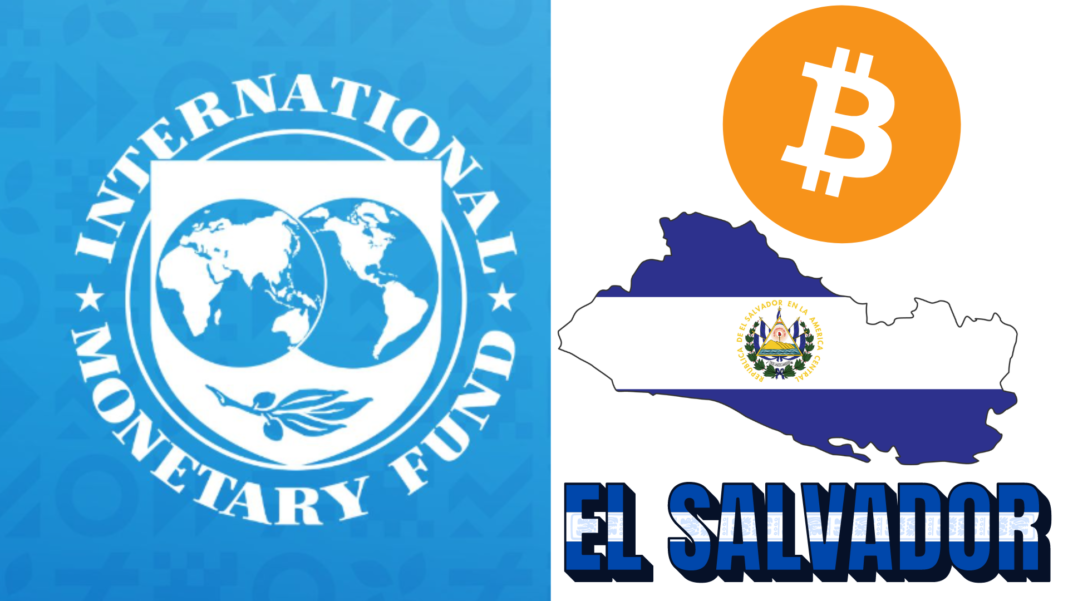El Salvador has again gone on a buying spree and has accumulated more Bitcoins to its name on October 6th.
The move to stack up more BTC comes despite warnings from the IMF and its aversion towards the country’s digital asset policies.
Just last week, The International Monetary Fund requested that El Salvador revise its laws pertaining to Bitcoin, which is yet another sarcastic remark about the cryptocurrency industry from a global institution.
The IMF’s director of communications department made the suggestions during a press conference on October 3rd: “A narrowing of the scope of the Bitcoin law, strengthening the regulatory framework and oversight of the Bitcoin ecosystem, and limiting the public sector exposure to Bitcoin.”
What Does Defying IMF Warning Mean For El Salvador?
El Salvador has had a rough time managing its economic situation. In 2022, the public debt of the country rose to $25 billion, the highest level in thirty years.
According to Reuters, after early negotiations with the IMF for a billion-dollar contract fell up earlier in his first term, Bukele’s government has since gone back to the table and even hired the IMF’s former Western Hemisphere head in April 2023.
Credit rating agencies are alerting the government to the fact that state coffers are getting dangerously low, but Bukele is pushing through with his goal to make the country into a cryptocurrency haven, hurting the country’s chances of getting a quick financial infusion from the IMF.
Can El Salvador Gain Economic Momentum Via Bitcoin?
El Salvador had hoped to bring digital asset revenue to its formal economy, expecting that would keep economic growth afloat.
Nevertheless, it appears that El Salvador was unable to fully implement its plan for economic growth in spite of all the help. The nation’s cryptocurrency revenue per user is currently drastically declining from previous levels.
Furthermore, the proliferation of illegal operations in the area was facilitated by the easy accessibility of Bitcoins. In addition to transnational criminal activities, state-run Bitcoin firms have been widely used by transnational groups to scam customers of millions of dollars. One such example is Chivo Wallet in El Salvador.
Also read
El Salvador’s President Bukele Meets Elon Musk To Discuss AI & Technology
El Salvador To Train 80k Government Employees In Bitcoin Management


